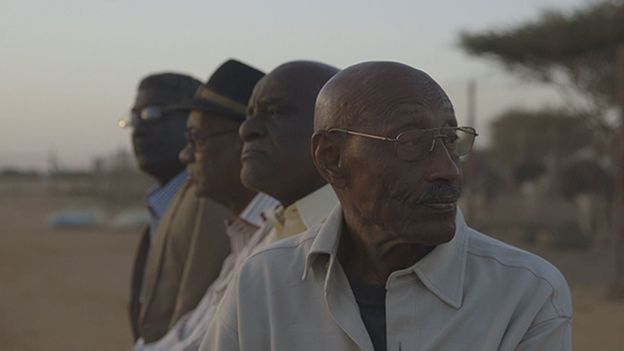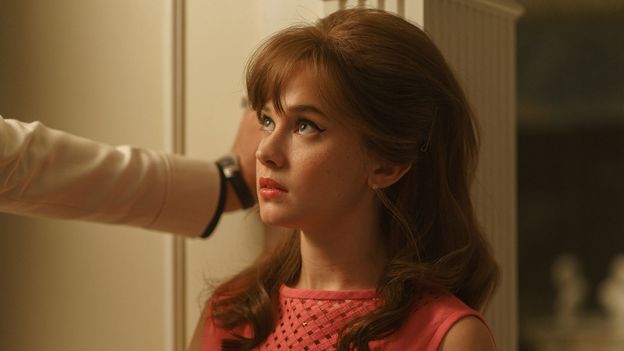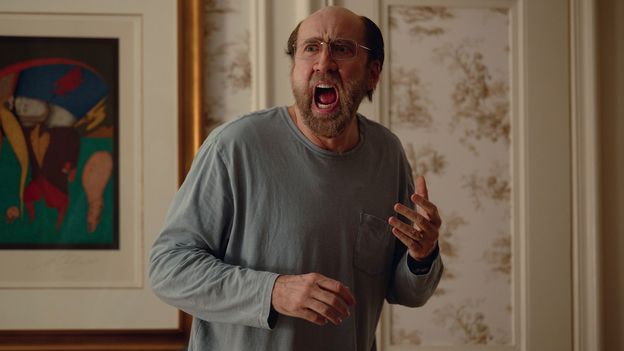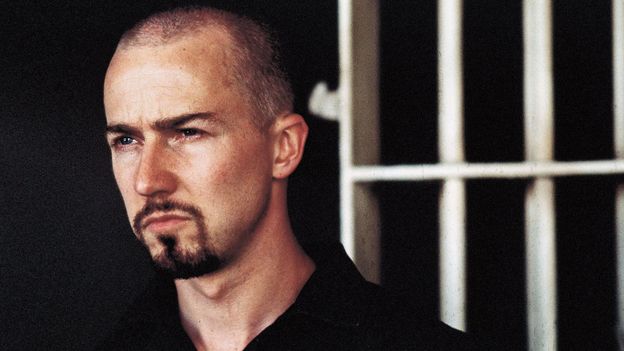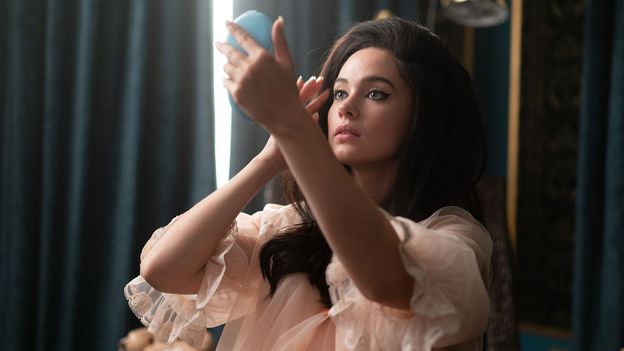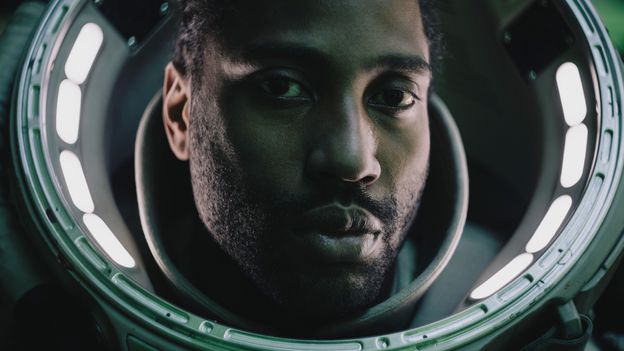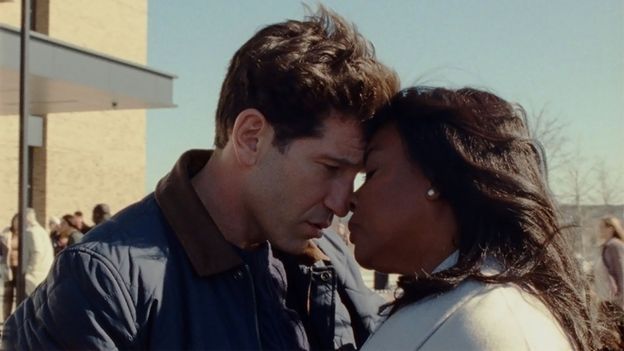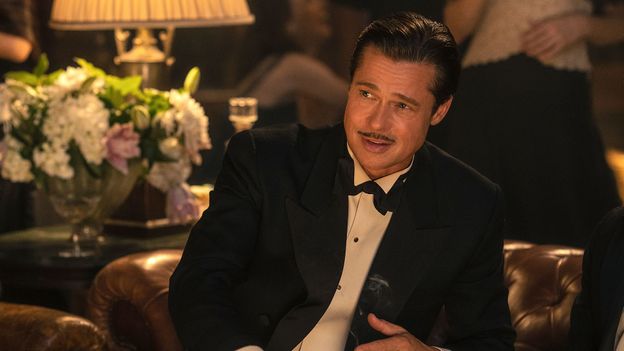Meanwhile, at last year’s Venice Film Festival, Sudanese filmmaker Amjad Abu Alala won the Lion of the Future award, given to the best debut film. His work You Will Die at Twenty tells the story of a 19-year-old boy living under the cloud of a religious prophecy that says he will die when he turns 20-year-old. The film is an allegory of life under the rule of al–Bashir, when logic and reason were trumped by indoctrination and blind faith.
Unlike his documentarian peers, Abu Alala, who secured European funding, had to employ actors and bring in equipment: the fiction simply couldn’t be made under the radar with phone cameras et al. But while the production was able to secure permits to shoot the film, they then discovered that their equipment was being held in customs, awaiting official clearance. “At the last minute, we had to change our production schedule,” says Alala. “All our lights were in customs so we couldn’t shoot scenes inside. For one important moment, I waited for the full moon to be in the sky to shoot and have lights.”
There were other problems. Sudanese banks cannot accept international transfers. The producers took to carrying money in bags on planes so that they could pay people for the film, which cost $700,000 (£536,455) to make. To make films under the watchful eye of a restrictive regime takes adaptability, guile, and lots of determination.
How censorship can lead to great art
But should the fact that these new films from Sudan are winning festival gongs come as a surprise? For cinematic history is littered with examples of filmmakers in repressive regimes overcoming obstacles to make bold, perceptive work.
Nowhere has the cunning of filmmakers been more apparent than in Iran. After the 1979 Islamic Revolution, a group of directors emerged, led by Abbas Kiarostami, Mohsen Makhmalbaf, Jafar Panahi and more recently Asghar Farhadi, who have gone on to make internationally-acclaimed masterpieces, winning prizes at all the major film festivals and even the Oscars.

